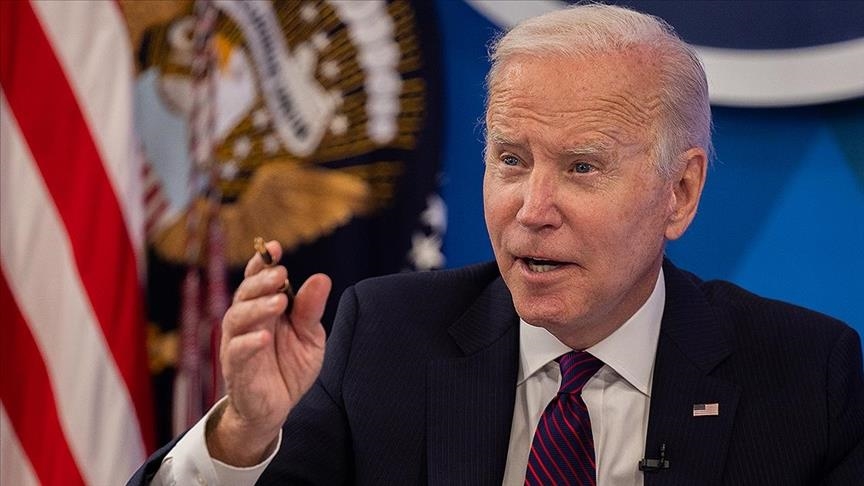

By Anadolu Agency
WASHINGTON
President Joe Biden is working to re-evaluate the US’s relationship with Saudi Arabia, the White House said on Monday after Riyadh threw its weight behind a global oil production cut that has sent prices soaring.
“This is a relationship that we need to continue to reevaluate, that we need to be willing to revisit, and certainly in light of the OPEC decision, I think that’s where he is,” National Security Council spokesman John Kirby said during an interview with CNN.
Kirby was referring to last week’s announcement from the group of Organization of Petroleum Exporting Countries (OPEC) and its allies, known as OPEC+, to cut daily production by 2 million barrels starting in November. Oil prices quickly jumped by some 10% before moderating slightly this week.
The Biden administration has reacted furiously to the decision, accusing OPEC+ of aligning itself with Russia as the Kremlin continues to press its war on Ukraine. Oil revenues have been a major lifeline for Moscow as the West and its global allies seek to clamp down on Russia’s funding sources.
Kirby said Biden is now willing to work with Congress to re-work the US-Saudi relationship.
“The president is obviously disappointed by the OPEC decision, and is going to be willing to work with Congress as we think about what the right relationship with Saudi Arabia needs to be going forward,” he said. “He’s going to be willing to start to have those conversations right away.”
Congressional Democrats introduced last week legislation that would require the removal of critical US military assets and troops stationed in Saudi Arabia and the United Arab Emirates (UAE).
There are currently about 5,000 of troops stationed in Saudi Arabia and the UAE, and the legislation put forward by Democratic House lawmakers Sean Casten, Tom Malinowski and Susan Wild would pull them from the countries alongside the removal of critical air defense systems such as Patriot missile batteries and the Terminal High Altitude Area Defense (THAAD) system.
The THAAD system and Patriot batteries would be relocated “to another location or locations in the Middle East, with the priority mission of protecting United States Armed Forces,” the bill says.
We use cookies on our website to give you a better experience, improve performance, and for analytics. For more information, please see our Cookie Policy By clicking “Accept” you agree to our use of cookies.
Read More